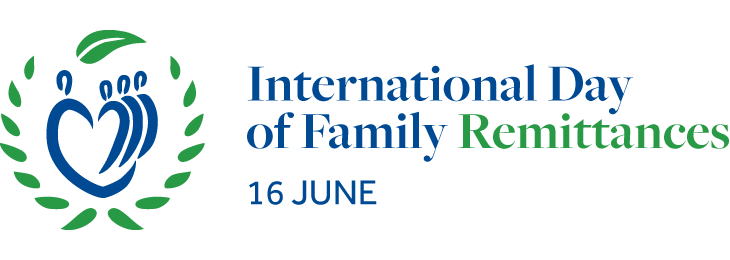22 Jun Enhance Rural Remittances through Savings and Credit Associations in Moldova
Enhance Rural Remittances through Savings and Credit Associations in Moldova
Alina Cebotariov, CNPF
During last year, time span marked by a serious worldwide socio-economic impact of the pandemic, National Commission for Financial Market of Moldova (NCFM) – the beneficiary of the Grant Agreement “Supporting the IFAD Rural Resilience Project in Moldova – Development of Capacity-Building of the Savings and Credit Associations” provided by International Fund for Agricultural Development (IFAD), had continued the resultative implementation by capacitating Savings and Credit Associations (SCAs) to become agents for remittance transfers and other payment services. By channeling migrant workers’ remittances to rural areas of Moldova through SCAs represent a mean to improve the recording of remittance inflows and to foster rural financial inclusion of remittance recipients.
The current outgrowth of the implemented activities can be estimated in more than 30 SCAs placed in rural areas authorized to access the international remittance payment system and started operating as payment agents of a licensed payment society. From the date of the first remittance transfer that took place by an SCA (16.06.2020) until current, more than 800 remittance transfers amounting to about MDL 5 million (EUR 235,000) were made. The volume of transactions for utility services and payments other than remittances processed by SCAs in the same period amounts to over 11,000 operations in the amount of about 3.2 million MDL (EUR 150,000).
To note is that almost 50,0 thousand members of the SCAs, mostly from rural areas, now have the possibility to receive remittances from their family members that work abroad. The respectively authorized SCAs to provide its services: loans and accept savings by holding a share of about 80% of the whole sector. Extensive effort had been made, by interconnecting 57 service points (central offices and branches of the SCAs), developing of the IT infrastructures, field testing and continuous online trainings and round tables on areas related to payment services – solving IT issues in payment processing, customer identification, accounting and correct documentation of payment operations, internal control, liquidity management, legal aspects related to the new services and other issues.
A high priority had been put on trainings related to various marketing activities proposed to SCAs to promote remittances and possible new products associated with them, as well as the benefits of SCAs related to the introduction of the new remittance product were highlighted. Several types of communication and possible marketing techniques, which are appropriate and effective in rural areas, were suggested, emphasizing the use of remittance transfers as a tool to increase the activity of SCAs.



